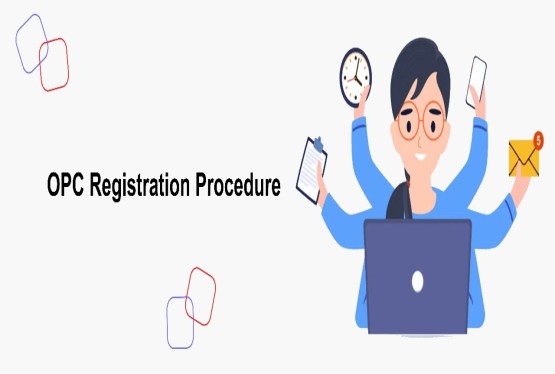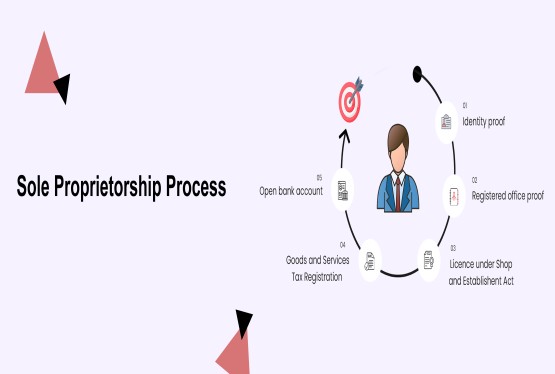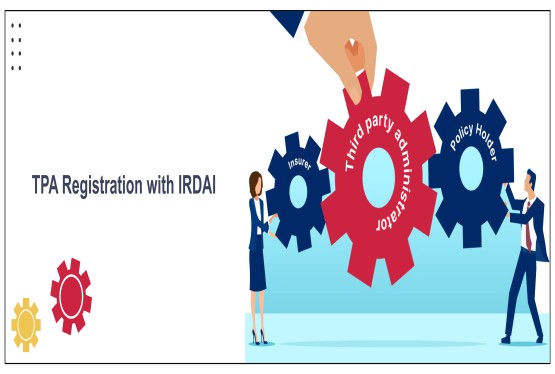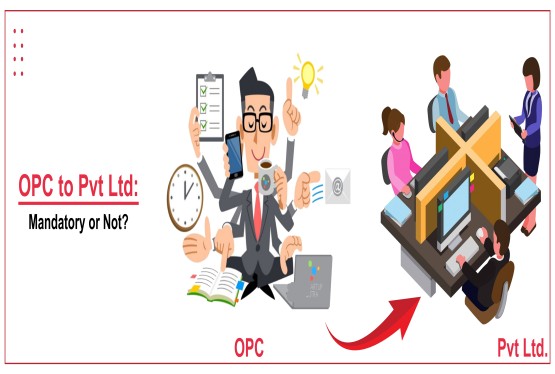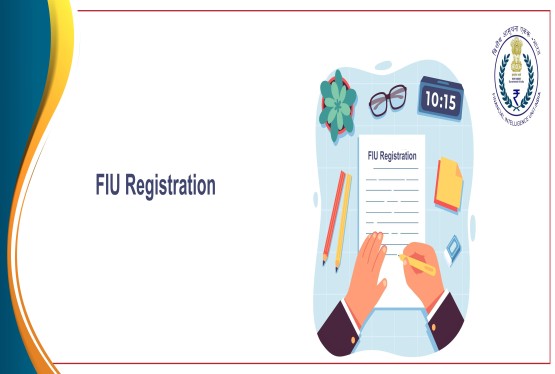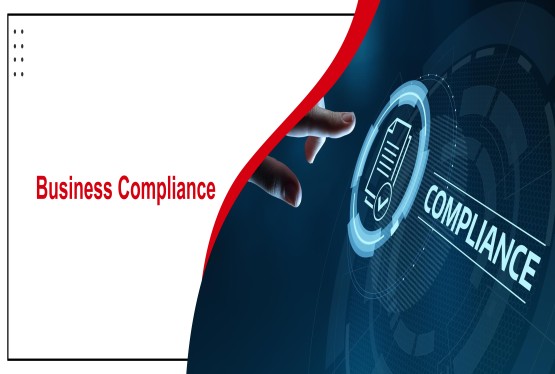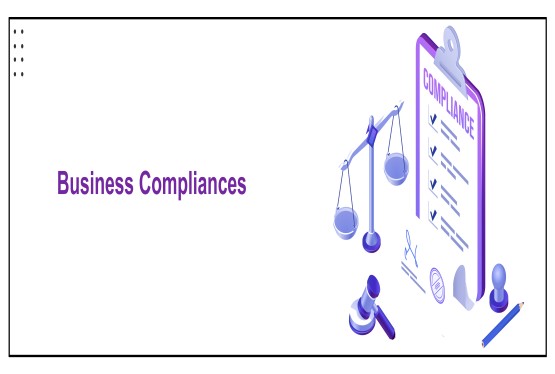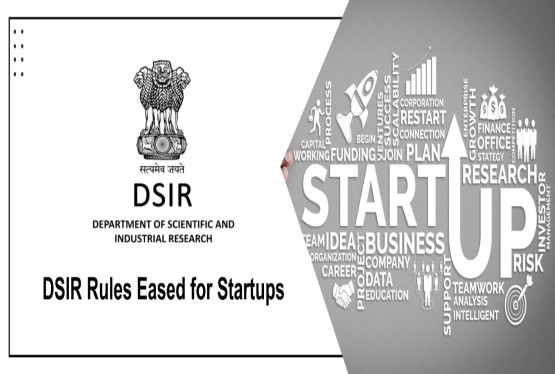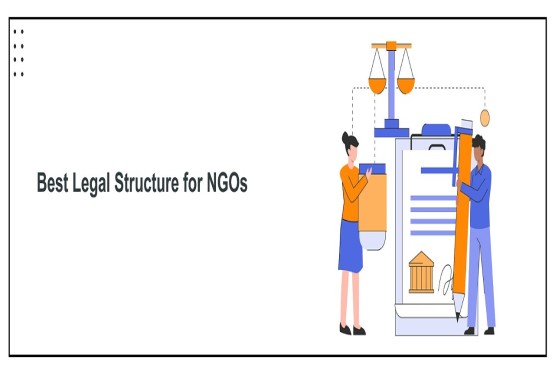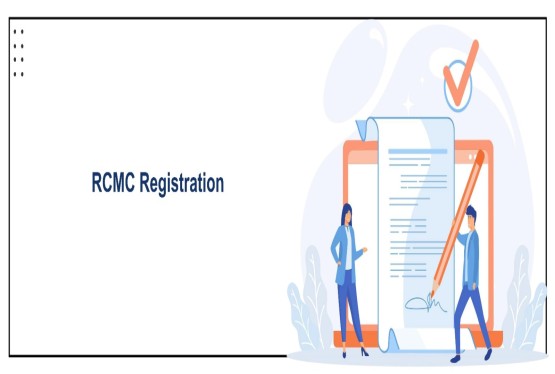The liberalization of India’s insurance sector in the 1990s led to the establishment of the Insurance Regulatory and Development Authority of India (IRDAI), a statutory body under the IRDA Act, 1999. It regulates, develops, and supervises the insurance sector to safeguard the interests of policyholders and promote a stable market. The journey of establishing an insurance company in India is highly regulated and structured, involving multiple stages. The first formal step is the submission of Form IRDA/R1, a requisition for registration. Once IRDAI accepts this form, the applicant proceeds to the next phase submitting Form IRDA/R2 for the grant of a Certificate of Registration. This essay explores in depth the regulatory procedures, documentary requirements, scrutiny process, potential grounds for rejection, and the final stage of registration of an insurance company after Form IRDA/R1 is accepted.
Application for Registration Under IRDA/R2: Submission of Application and Accompanying Documents
Upon acceptance of the requisition in Form IRDA/R1, the applicant is eligible to submit Form IRDA/R2 as per Regulation 10 of the IRDAI (Registration of Indian Insurance Companies) Regulations. This application marks the formal request for a Certificate of Registration and must be accompanied by a robust set of documentation to ensure financial integrity, operational readiness, and legal compliance.
The documentation required includes:
-
Documentary proof of deposit as mandated under Section 7 of the IRDA Act. This demonstrates the applicant’s financial commitment and acts as a security measure.
-
Proof of paid-up equity capital of at least Rs.100 crore for life or general insurance and Rs.200 crore for reinsurance. This condition ensures that only financially sound entities are allowed entry.
-
Affidavits by the promoters and principal officer, affirming that the paid-up capital is adequate, exclusive of preliminary expenses and required deposit, and satisfies the conditions under the first proviso to Section 6 of the Act.
-
A certified statement showing the distinctive numbers of shares issued to each promoter and shareholder, providing a transparent view of ownership.
-
Affidavit confirming compliance with FDI norms, particularly that foreign equity does not exceed 26% (as per the regulations at the time of framing, which may now be higher under amended rules).
-
Certified copy of the published prospectus, if any, and copies of insurance policy forms and premium rate structures, especially for life insurance. These must be accompanied by an actuary’s certificate confirming their soundness.
-
Memorandum of Understanding (MoU) between Indian and foreign promoters, including comfort letters, clarifying the terms of partnership and support mechanisms.
-
Receipt for payment of registration fee, which is Rs.50,000 for each class of insurance business.
-
Certification from a practicing Chartered Accountant or Company Secretary, attesting to full compliance with statutory registration norms.
The objective of such detailed requirements is to ensure that only serious, financially stable, and competent players are allowed into the insurance sector. This not only protects policyholders but also contributes to the long-term stability of the insurance industry.
Regulatory Scrutiny and Consideration of the Application
Parameters Considered by IRDAI
Once the application is submitted, the IRDAI examines it in accordance with Regulation 12. The Authority undertakes a holistic assessment of the applicant’s ability to carry on insurance business in India. This assessment includes both quantitative and qualitative parameters.
Key Factors Include:
-
Track record of the promoters in their respective fields, ensuring that they possess a credible history of professional or business conduct.
-
Background of the directors and managerial personnel, assessing their integrity, professional qualifications, and past performance.
-
Capital structure of the applicant, which must reflect financial resilience and long-term sustainability.
-
Commitment to social objectives, including the extent to which the applicant is prepared to serve the rural sector, economically weaker sections, and the informal workforce, as required under the IRDA Act.
-
Insurance product details, focusing on their actuarial soundness, innovation, and ability to serve public interest.
-
Infrastructure and distribution network, particularly the presence of branch offices in rural or underserved areas, showcasing the company’s outreach plan.
-
Professional and actuarial expertise within the organization to assess risk, manage liabilities, and ensure solvency.
-
Organisational structure and governance framework, which must comply with Regulation 7(c) and be suitable for a complex financial enterprise like insurance.
The IRDAI maintains the discretion to assess any other matter deemed relevant for granting registration. The emphasis is clearly on ensuring that the applicant is not only legally compliant but also socially committed and technically equipped.
Preference for Health Insurance Providers
An important feature of Regulation 12(3) is that IRDAI gives preference to applicants proposing to provide health insurance coverage either to individuals or groups. This regulatory bias stems from the need to enhance public health coverage in India, where a large section of the population remains underinsured or uninsured. Therefore, applicants with comprehensive health insurance offerings are viewed favourably.
Rejection of Application for Registration: Grounds and Procedure for Rejection
Regulation 13 governs the circumstances under which an application may be rejected. IRDAI holds the power to reject an application if:
-
The submission is incomplete or deficient in form or content.
-
The application fails to conform to the prescribed requirements or violates instructions issued with Form IRDA/R2.
-
Upon reviewing the application under Regulations 12 and 16, IRDAI is not satisfied with the eligibility, soundness, or capability of the applicant.
Rejection is not arbitrary. The Authority must issue a written order communicating the reasons for rejection within 30 days. This ensures procedural fairness and gives the applicant an opportunity to challenge or rectify the shortcomings.
Appeal to the Central Government
An applicant aggrieved by the IRDAI’s decision may appeal to the Central Government within 30 days of the rejection under Section 3(2C) of the IRDA Act. The decision of the Central Government on such appeal is final and binding, and not open to judicial review, emphasizing the quasi-judicial authority of the IRDAI and the Government in such regulatory matters.
Effect of Rejection and Scope for Re-application
A rejected applicant loses the right to registration and cannot operate in the insurance sector. However, they may reapply after a period of two years, provided they do so with a new set of promoters or apply for a different class of insurance business. This time restriction ensures that companies do not persistently burden the regulatory system with repetitive or frivolous applications.
Moreover, the registration fee is non-refundable, adding a financial deterrent to unserious or unprepared applicants.
Grant of Certificate of Registration: Final Stage – Grant of Registration
The culmination of the application process lies in the grant of a Certificate of Insurance Company Compliance under Regulation 16. Before granting this certificate (Form IRDA/R3), IRDAI conducts a final scrutiny based on specific parameters to ensure that the applicant can operate successfully, legally, and ethically.
Essential Criteria for Grant Include:
-
The applicant is eligible and likely to meet its obligations under the IRDA Act.
-
The financial health and character of management are deemed sound and reliable.
-
The volume of business, capital structure, and earning potential justify entry into the insurance market.
-
The application serves public interest, such as improving insurance penetration and delivering consumer-centric policies.
-
The applicant has complied with provisions of Sections 2C, 5, 31A, 32, and 32A of the Act, indicating statutory conformity.
The IRDAI may also conduct an inquiry or seek additional information before making a final decision. If satisfied, the Authority issues the Certificate of Registration, thereby permitting the applicant to function as a licensed insurer for the class of insurance applied for life, general, health, or reinsurance.
Legal and Practical Implications
The process of registration is not merely administrative; it reflects a highly legalistic and policy-driven approach to protect public interest. Insurance, being a contract of utmost good faith, involves managing public funds and securing long-term financial interests. As such, the IRDAI uses its regulatory discretion to ensure that only competent, solvent, and ethically sound companies operate in this space.
Moreover, the requirement of maintaining rural outreach, promoting social security, and offering affordable insurance to the unorganised sector aligns the private insurance industry with India's socio-economic objectives.
In practice, the rigorous process also ensures market stability, reduces fraud, and encourages foreign investment under controlled terms. This layered scrutiny helps maintain the credibility of India’s insurance market globally.
Conclusion
The post-IRDA/R1 process of registering an insurance company in India is a well-structured and comprehensive legal procedure that reflects the IRDAI’s commitment to public interest, financial soundness, and regulatory transparency. From capital adequacy to promoter credibility and product viability to social responsibility, the Authority considers a broad spectrum of parameters before granting registration.
While the process is intensive and time-bound, it serves the long-term objective of building a robust, inclusive, and reliable insurance sector. Rejection, though a possibility, is governed by principles of natural justice and legal remedy. On the other hand, successful applicants are granted a certificate that enables them to offer insurance products and contribute to India’s financial ecosystem.
In sum, the post-IRDA/R1 registration phase is a decisive stage that filters capable players from the rest and lays the foundation for a responsible and sustainable insurance business in India
Frequently Asked Questions (FAQs)
Q1. What is Form IRDA/R1 and what happens after it is submitted?
Ans. Form IRDA/R1 is the initial requisition submitted to IRDAI to seek permission for registration as an insurer. Once IRDAI accepts this requisition, the applicant becomes eligible to file Form IRDA/R2, which is the formal application for the grant of a Certificate of Registration.
Q2. What is Form IRDA/R2 and why is it important?
Ans. Form IRDA/R2 is the official application submitted to IRDAI after approval of IRDA/R1. It is critical because it contains detailed information, financial disclosures, promoter credentials, and other compliance documents required to assess the applicant’s eligibility for registration as an insurer.
Q3. What are the capital requirements for an insurance company in India?
Ans. Rs.100 crore or more for life insurance or general insurance business. Rs.200 crore or more for reinsurance business.These must be fully paid-up equity capital and cannot include preliminary expenses or deposits under Section 7.
Q4. What documents need to be submitted along with Form IRDA/R2?
Ans. Key documents include:
-
Proof of deposit under Section 7 of the Act.
-
Evidence of required paid-up capital.
-
Affidavits from promoters and principal officer.
-
List of distinctive share numbers.
-
Product forms and actuarial certifications (for life insurance).
-
MoUs between Indian and foreign promoters.
-
Registration fee receipt of Rs.50,000.
-
CA/CS certification of compliance.
Q5. What aspects does IRDAI consider while reviewing an application under IRDA/R2?
Ans. IRDAI assesses:
-
Promoters’ and directors’ professional record.
-
Capital adequacy and financial structure.
-
Insurance product viability.
-
Infrastructure and rural outreach plan.
-
Managerial and actuarial competence.
-
Compliance with regulations and public interest.
Q6. Is there any preference given to certain types of insurance business?
Ans. Yes, IRDAI gives preference to applicants intending to provide health insurance coverage to individuals or groups, in alignment with national healthcare objectives.
Q7. Can the IRDAI reject the application for registration? On what grounds?
Ans. Yes. IRDAI may reject the application if:
-
The application is incomplete or non-compliant.
-
The applicant fails to meet eligibility or financial norms.
-
Promoter or director backgrounds are unsatisfactory.
-
Business model lacks viability or social outreach.
Q8. What happens if an application is rejected by IRDAI?
Ans. A written rejection order is issued with reasons.
-
The applicant can appeal to the Central Government within 30 days under Section 3(2C) of the IRDA Act.
-
The fee of Rs.50,000 is non-refundable.
-
Reapplication is allowed only after two years with new promoters or a different business class.
Q9. What is Form IRDA/R3?
Ans. Form IRDA/R3 is the Certificate of Registration issued by IRDAI upon successful completion of the application process. It authorizes the applicant to operate as a licensed insurer in India for the class of insurance business specified.
Q10. What legal provisions must the applicant comply with before registration?
Ans. The applicant must comply with Sections 2C, 5, 31A, 32, and 32A of the Insurance Act, which relate to eligibility, shareholding, rural and social obligations, and minimum business norms.












_crop10_thumb.jpg)





_crop10_thumb.jpg)




























-Form_crop10_thumb.jpg)

_crop10_thumb.jpg)























_learn_crop10_thumb.jpeg)
































_crop10_thumb.jpg)

_crop10_thumb.jpg)





















_crop10_thumb.jpg)















_for_Foreign_Directors_learn_crop10_thumb.jpeg)




_Act,_2015_learn_crop10_thumb.jpg)































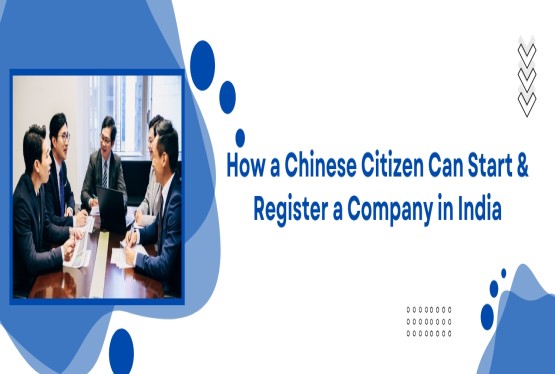
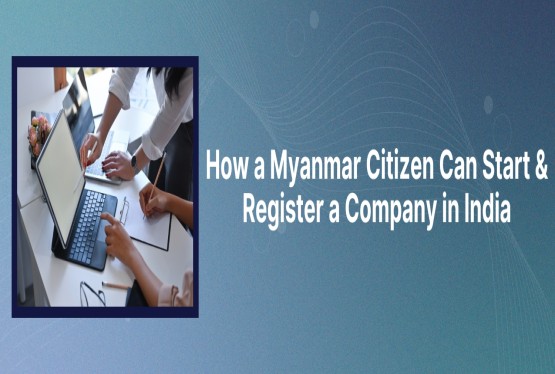

_learn_crop10_thumb.jpg)






















